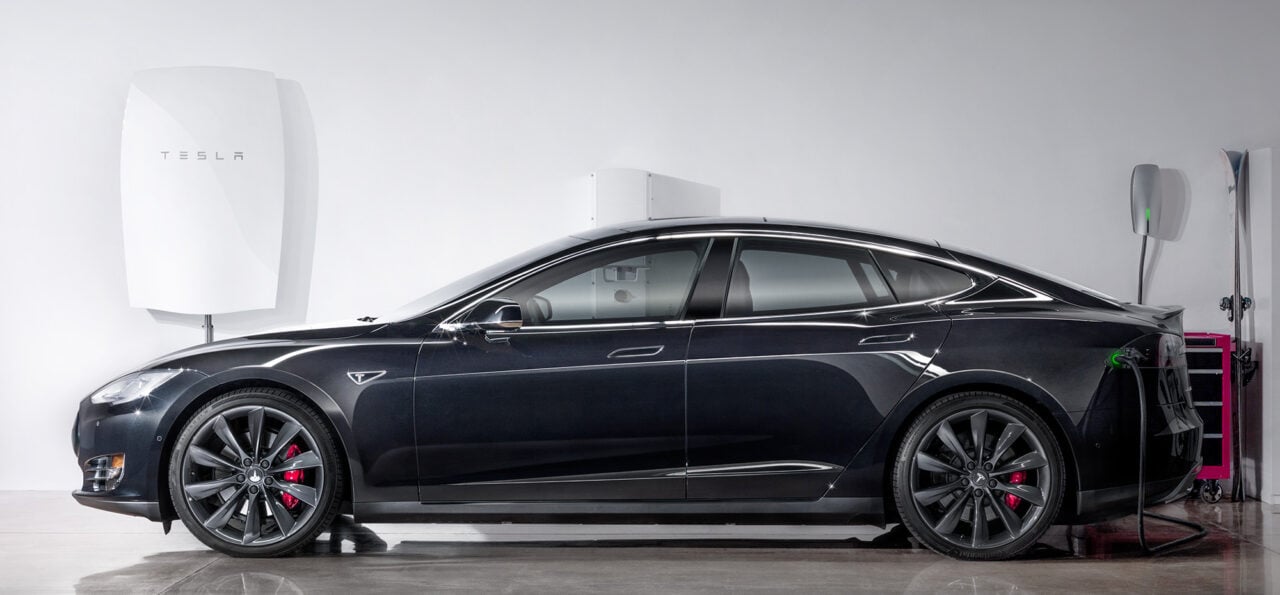
Tesla’s claim of having “The World’s Fastest Charging Station” has been upheld by the UK’s advertising watchdog following a challenge by Ecotricity, which argued its claims could not be substantiated.
The complaint made to the Advertising Standards Authority (ASA) concerned two claims made by Tesla on its website related to the company’s Supercharger points. As well as the assertion that the charging points offered the fastest service for EV drivers, Ecotricity also took issue with the claim that over the five year average length of car ownership Supercharger’s could lead to approximately £6,000 in petrol savings.
Tesla successfully argued that of the three other types of EV charging points around the world to use the faster direct current (DC) charging – the Japanese CHAdeMo, the German SAE Combo charger and the GB/T charger from the Chinese manufacturer GuoBiao – only one could theoretically deliver a faster charger.
However, while offering a theoretical charge of 180kW compared to Tesla’s 145kW, in real terms the GB/T charger could only deliver 50kW to the batteries of compatible EVs versus the Supercharger’s 120kW.
The ASA therefore concluded:
“
“In the context of advertising about the Tesla Model S, consumers would understand the claim “The World’s Fastest Charging Station” to mean that Tesla Superchargers were the fastest at charging currently available compatible EVs when compared to the charging speeds delivered to currently available compatible EVs by all other chargers used worldwide.”
In reference to the second issue, ASA concluded that Tesla had adequately explained the savings offered by EVs in an explanatory note linked to the main text. This was based on three sets of figures which allowed the manufacturer to reach its conclusion: Model S owners would use Tesla’s Supercharger network approximately 10% of the time, a price of £0.14 per kWh for electricity and the price of £1.17 per litre of petrol.
ASA ruled that these figures not only represented the most up to date information from reputable sources available at the time, but in the case of the 10% figure and the price of petrol, these were actually “conservative” calculations.
It has therefore dismissed Ecotricity’s claims, concluding that Tesla could not be considered to have misled the public with its claims, concluding the latest clash between the two companies.
In April the ASA sided with Ecotricity following a challenge by Tesla that the green energy utility’s claims that it supplied “the greenest electricity” in Britain were misleading. This episode followed a dispute in 2014 between the two firms over their competing charging networks which was eventually settled following a high profile case at the High Court.
Meanwhile, Ecotricity is continuing to face a backlash from its consumers over the decision to introduce a £6 fee for every 30 minutes of charging on its Electric Highway. A number of customers have argued against the timing arrangement, while gaps in the wireless network have caused some to face difficulties when using the Highway’s new app payment system.

